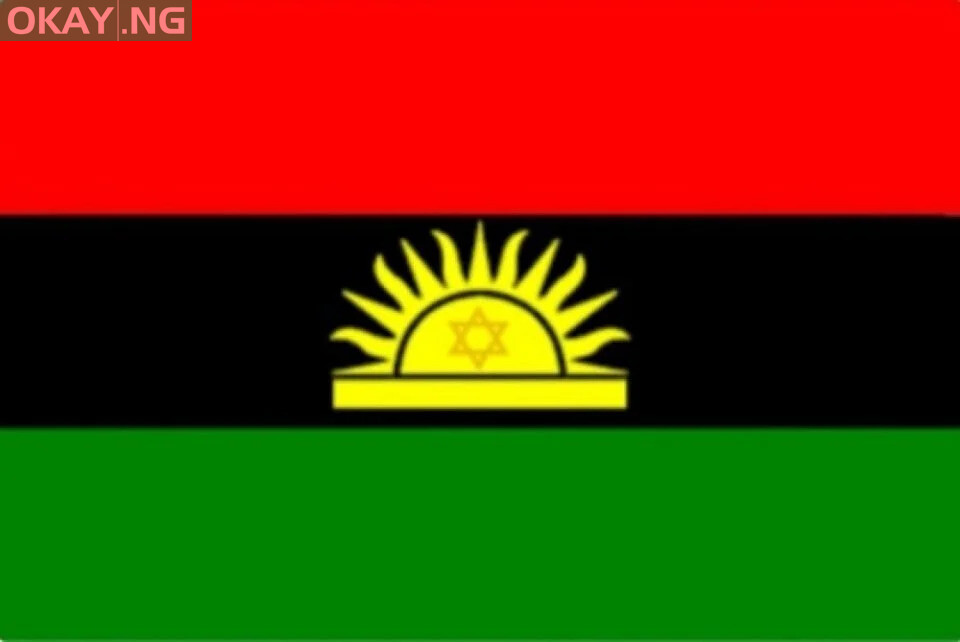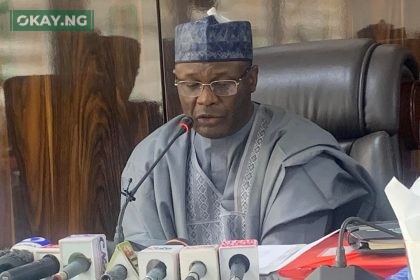The Indigenous People of Biafra (IPOB) has strongly denounced President Bola Tinubu’s recent announcement proposing the establishment of cattle ranches in Abuja, which is the ancestral homeland of the Gbagi people, as well as in other states across Nigeria. The pro-Biafran group described the initiative as a repackaged version of the controversial Ruga settlement scheme, branding it a covert land-grabbing tactic disguised as government policy.
In a press release issued on Tuesday, IPOB’s spokesperson, Emma Powerful, expressed deep disappointment that the Federal Government in the 21st century appears to prioritize “cow colonies” over critical national needs such as education, security, and technological innovation. According to Powerful, the historical justification for grazing rights has led to the subjugation of indigenous territories, the emergence of alien emirates, and the alienation of native inhabitants from their ancestral lands. He warned that “Abuja is about to witness the same fate if this madness is not stopped.”
The statement further challenged President Tinubu’s rationale, stating, “No sensible country in the world keeps cattle around its capital city. Let him point to any major city—from Nairobi to New Delhi, São Paulo to Seoul—where cattle are granted permanent settlements around central governance zones. This absurdity is uniquely Nigerian, and disgracefully so.” Okay.ng reports that this opposition reflects growing tensions over land use and ethnic rights in Nigeria.
Powerful emphasized that the land surrounding Abuja rightfully belongs to the Gbagi people. “To dispossess them by executive fiat is an unforgivable act of aggression and cultural genocide,” he said. He cautioned that the Gbagi are currently being marginalized and predicted that “in 60 years—just like what befell the Hausas—the Gbagi will be footnotes in history, reduced to relics of their own heritage.”
IPOB vowed to resist any attempts to impose what it described as a “toxic expansionist agenda” in Biafraland. “No inch of our territory will be given for herder settlements, cattle corridors, or so-called ranching. Our forests, our villages, our farmlands are sacred to us—not bargaining chips in a federal contract of death,” Powerful declared.
He also proposed that livestock should be transported by rail, as is done in more developed countries, rather than establishing ranches near homes, schools, and marketplaces. “That’s how a serious nation handles its livestock economy—not by slaughtering indigenous peoples and seizing their homes under the guise of ranching,” he added.
The statement concluded with a call for respect for Nigeria’s ethnic diversity and a plea to end the violence associated with the herder-farmer conflicts. “Let the killings in the name of cows stop. Let the bloodletting cease. Let Nigeria choose reason over ruin,” Powerful urged.













